Piotr Tatjewski9781846286353, 1846286352
The major topics and key features are:
• Development and discussion of a multilayer control structure with interrelated direct control, set-point control and optimisation layers, as a framework for the subject of the book.
• Systematic presentation and stability analysis of fuzzy feedback control algorithms in Takagi-Sugeno structures for state-space and input-output models, in discrete and continuous time, presented as natural generalisations of well-known practical linear control laws (like the PID law) to the nonlinear case.
• Thorough derivation of most practical MPC algorithms with linear process models (dynamic matrix control, generalised predictive control, and with state-space models), both as fast explicit control laws (also embedded into appropriate structures to cope with process input constraints), and as more involved numerical constrained MPC algorithms.
• Development of computationally effective MPC structures for nonlinear process models, utilising on-line model linearisations and fuzzy reasoning.
• General presentation of the subject of on-line set-point improvement and optimisation, together with iterative algorithms capable of coping with uncertainty in process models and disturbance estimates.
• Complete theoretical stability analysis of fuzzy Takagi-Sugeno control systems, discussion of stability and feasibility issues of MPC algorithms as well as of tuning aspects, discussion of applicability and convergence of on-line set-point improvement algorithms.
• Thorough illustration of the methodologies and algorithms by worked examples in the text.
• Control and set-point optimisation algorithms together with results of simulations based on industrial process models, stemming primarily from the petrochemical and chemical industries.
Starting from important and well-known techniques (supplemented with the original work of the author), the book includes recent research results mainly concerned with nonlinear advanced feedback control and set-point optimisation. It is addressed to readers interested in the important basic mechanisms of advanced control, including engineers and practitioners, as well as to research staff and postgraduate students.
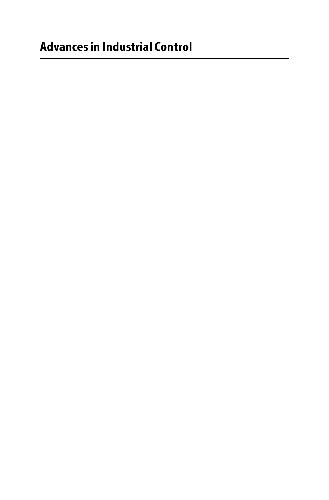
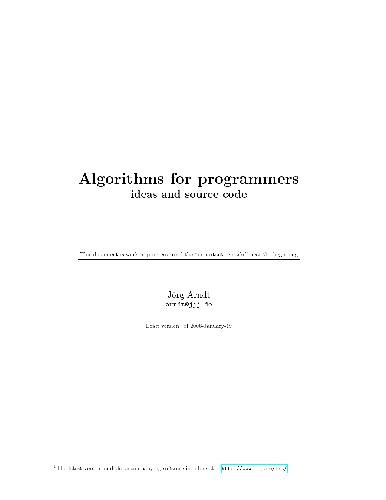
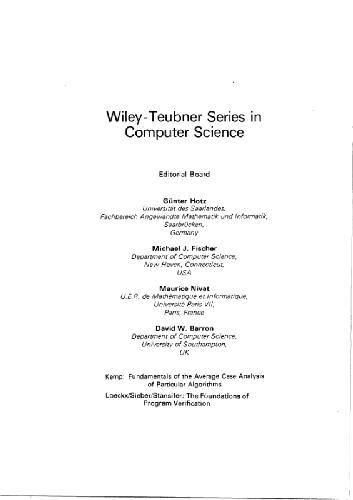
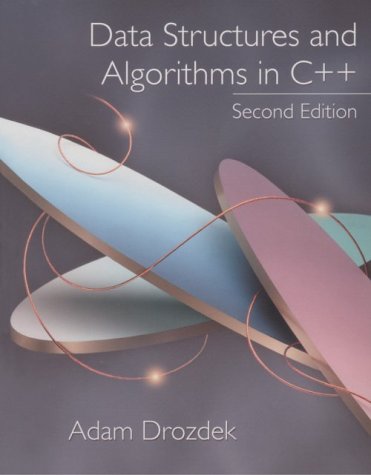
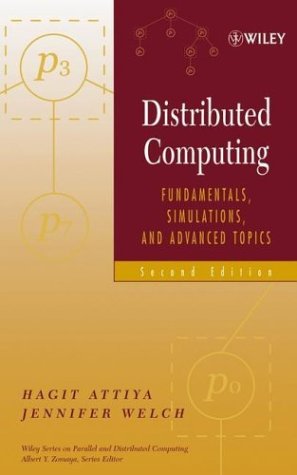


Reviews
There are no reviews yet.